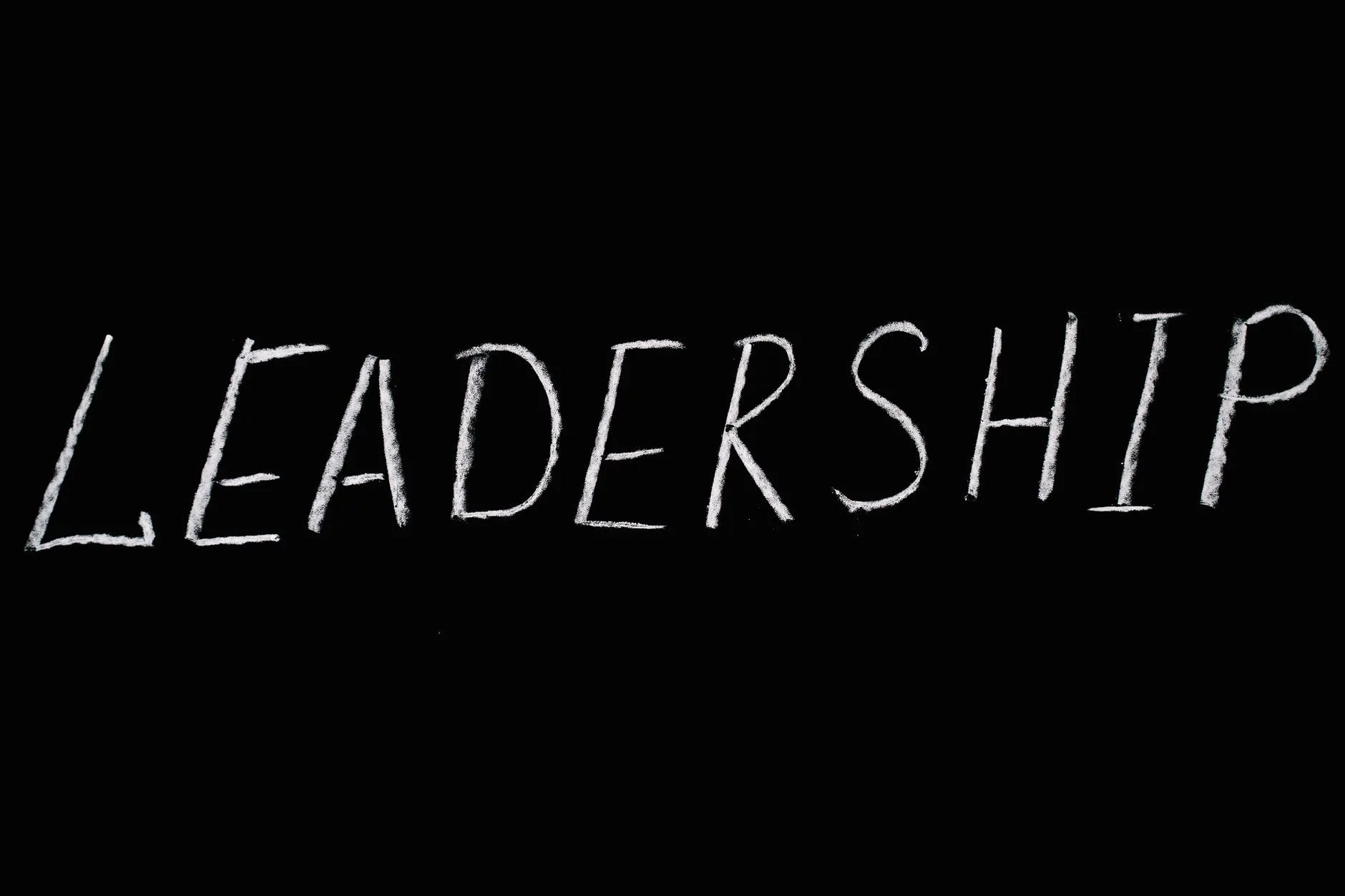An organisation’s success and failures are seen as the workings of the leadership. But an organisation—a group of people with a common purpose—called the “work at the centre” in terms of Ronald Heifetz, cannot be studied without considering all stakeholders. The subject of leadership is a multidisciplinary one and is a combination of sociology, social psychology, anthropology, history, philosophy, education, management, and many others. While leadership is an interdisciplinary goal, let’s focus on the sociology consulting element.
Inspired by Heifetz works for Leadership without Easy Answers (1994), Leadership on the Line: Staying Alive Through The Dangers of Leading (2002), and The Practice of Adaptive Leadership (2009), we will discuss further what role sociologists can play in regulating leadership in an organisation. Applied sociologists have the field to curate interventions to address the blockages and leadership dilemmas in the organisational system by making the stakeholders aware of the internal and external threats.
Sociology Consulting as an Intervention and Change-Agent
Leadership consultation can be an ideal position for sociologists working for corporate companies or any kind of organisation. Mind that leadership is not exclusively associated with the company’s CEO rather includes the employees working under them as well, who are either in the decision-making process or are being affected by the decisions. As a sociologist, you have to make your interventions and enable the people at the company to learn to intervene on their own within and outside the boundaries of their authority. After all, this is how interventionists work, i.e. as enablers.
The skill-set required to work as a leadership consultant is conflict management, perspective-taking, monitoring and evaluation, coaching the stakeholders to test the heat before making an intervention, learning to play with your boundaries and venturing out of your comfort zone, and many more. One has to believe that to bring a change you have to tolerate some form of disequilibrium while keeping in check your threshold. Similarly, to address the company’s lack of growth, the stakeholders have to embrace some dissonance.
At this point, the sociologist is required to moderate the whole process to save one from derailing. The disequilibrium starts with keeping you in the productive zone where you keep orchestrating the conflict and holding steady, but once you cross the threshold, you end up in the unproductive zone of disequilibrium, and this is where the derailment occurs. Initially, the change-agent, aka sociologist, will be taking up these tasks and later will leave you with your work once you are familiar with this leadership development process.
Sociologists as Guides for Utilizing the Informal Authority and the Leader in You
Sometimes, the designated leader is not fulfilling what is required of them to solve the matter. In such situations, the authority needs support from stakeholders who can relate more to the cause. The sociologist, who has been studying these stakeholders’ group, connects the designated authority with resources that have better knowledge in the area and can practice their leadership skills. After all, leadership comes with both formal and informal authority. Another art is to gain votes without having formal authority in such situations.
While those with formal authority sometimes forget to empathise with and consider the stakeholders’ interests with no formal authority, the informal authority comes into play. To maintain the connection to the one orienting purpose that keeps the whole organisation intact, someone has to step up to redirect the rest of the team.
The sociologist with knowledge of the group mind and behaviour reminds the team to consider the many factions and voices within one. It’s akin to making a substance aware of its various atoms, which collide or correspond but all for the substance’s sake to sustain. The idea is to create a “holding environment.” And one characteristic of a holding environment is remaining in the productive zone.
Moreover, the “born-leader” is a misconception; leadership is a skill that is inherent in man. We can see the man taking the position of a leader in many situations, and it does not have to be our workplace always. This tendency can be seen even in our public and personal lives as well. For instance, when discussing a family matter, or sitting among friends, or breaking the bystander effect to help someone from being robbed.
We need to refine that skill, but before that, we have to find our voice. And finding your voice is, again, intense work that has to be done individually, not always as a group. The sociologist can deal with the individual in-person to help them navigate the journey of finding the leader in them and identifying their threshold and triggers.
Sociology Consulting as a Coach for Self-Development
When you start “engaging above and below the neck,” the real practice of leadership begins. You start getting to know your people, all because you have done some real work to know yourself. Engaging above the neck involves exercising one’s intellectual faculties, whereas below the neck refers to understanding one’s emotional faculties. Evolving at these two levels makes you competent to be a leader.
Still, a leader is not a status rather a job to be done effectively, and it is not an easy one that one can boast off. Heifetz’s books on leadership are an excellent resource to understand this process and start the work of self-development. By the end of this intervention to become an effective leader, the sociologist leaves you in an environment where the stakeholders are aware of how to keep the system evolving with every coming challenge while you keep your internal state of equilibrium in check as well. You will finally be able to address the blockages in the system without hiring external help.
Studying humans in collectivity: their social life, social behaviour, group dynamics, the consequences of human behaviour, and so forth, comes under the prowess of sociologists. In that case, whether being a leadership consultant or a leader itself, sociologists are well-suited for the task. The position of a leadership consultant comes under organisational development and leadership department in any sector. The sociologists can employ this knowledge area in welfare work as well.








